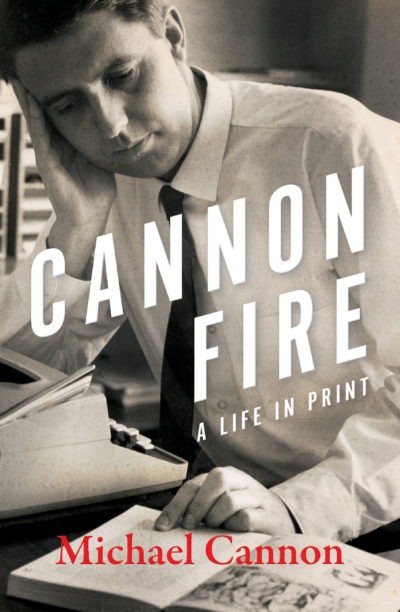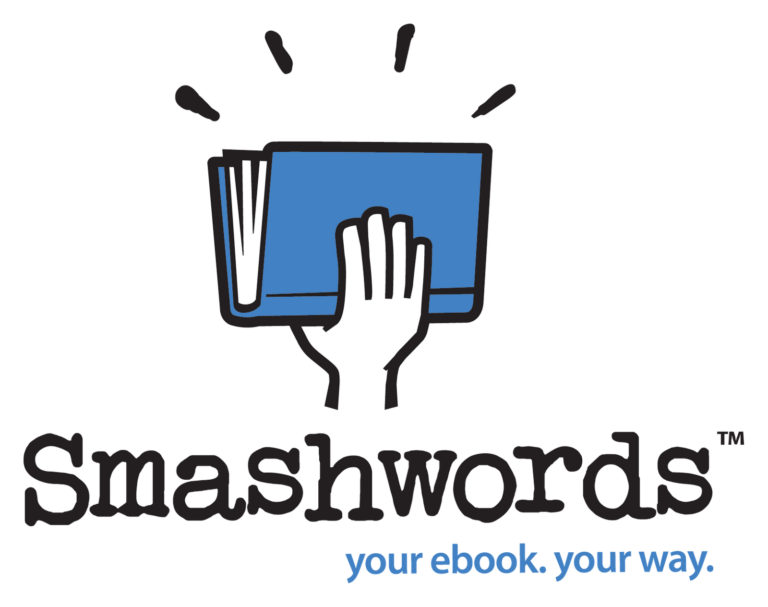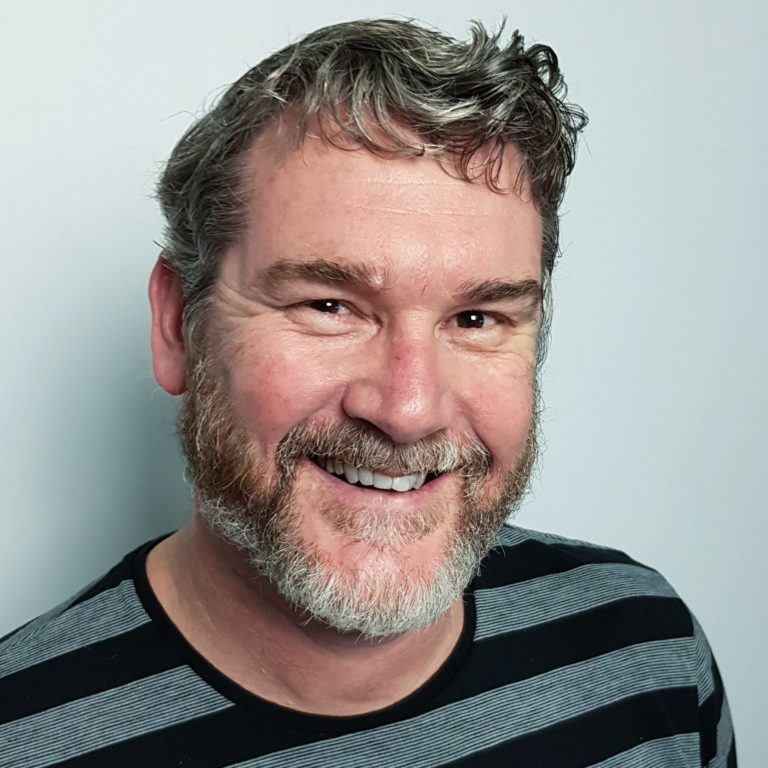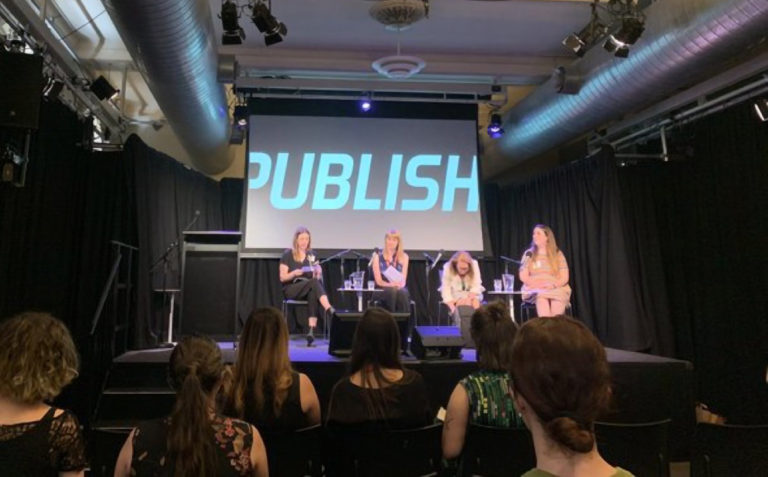Cultivating an active, long-term fan base for your work is key to becoming a successful independent publisher. However, building a substantial body of work is also critical, so you need to develop a balance between time spent growing and managing your fan base and writing time. The challenge is not identifying the things that waste our time (e.g. surfing the net) when we should be writing. We can all identify those—even if we sometimes lack the willpower to stop.
The challenge is identifying which, among a range of things you can do, benefit your career the most. Lucky for us, we can make this challenge easier if we apply a simple principle humans have understood for around 200 years—the Pareto principle. The Pareto principle, or 80/20 rule, states that 80% of the effects come from 20% of the causes. This is not some trendy business-speak—we have had a solid understanding of the 80/20 rule since the 19th century. It applies to human endeavours and many natural phenomena.
Applied to indie publishing, the 80/20 rule says that 80% of an author’s success comes from 20% of their efforts. The corollary to this is you waste 80% of your efforts for little gain. It’s quite likely you don’t know right now what marketing activities do benefit you, so over the next two months, I’m going to lead you through a couple of exercises that will first help you eliminate activities that are wasting your time, and then help you identify that 20% of efforts that will maximise your success.
This month, we’re going to start by conducting a marketing reset.
Conduct a marketing reset
I want you to stop for a while and complete an exercise for me. Don’t skip this because I bet once you have completed the exercise, you’ll feel a million bucks. We’re going to conduct a marketing reset.
Chances are, you have tried several things to spread the word about your books and increase sales. Chances are also that most of them didn’t work, or you aren’t sure if they worked. This exercise eliminates everything that doesn’t work for you, so you can concentrate on the things that do.
Step 1
- Write out everything you have done in the last 12 months to promote your books and increase sales. It doesn’t matter what order, we’ll get to that next.
Step 2
- Cross out everything on the list that didn’t increase sales. It doesn’t matter if you’re not sure at the moment—go with your gut feeling on what worked and what didn’t. With some of these activities, you will question yourself: you will wonder whether something you did caused them to fail. Don’t do this—go with your experience, not on what some guru says should or shouldn’t have worked. If you don’t think it worked for you, cross it off.
Step 3
- Look at the items you haven’t crossed out yet. Your list should only include items you are confident increased sales. For each remaining item, ask yourself, ‘Was it worth the effort?’ This is an important step, so take your time. Consider the time and money you spent on the activity. Looking at the results, would you do it again? Anything you don’t think was worth the effort, cross it off the list.
Step 4
- Reorder the remaining activities (assuming you didn’t cross everything off the list), so the most beneficial is at the top of the list, and the least beneficial is at the bottom of the list. You can go with your gut feeling again if you’re not sure. If you crossed everything out, that’s OK.
Step 5
- Stop doing everything you crossed out. Right now. Never do them again unless you learn something new and want to try them again.
How do you feel?
Like a huge load has been lifted?
Like you might find time to write now?
When I sat down and worked out what was working and what wasn’t, my business changed forever. I was doing less work and making more money. In fact, for six months in 2017, I was so busy at the day job, I did nothing at all—not a single social post or update or email—and my monthly income didn’t drop in any noticeable way.
So, now you have completed the exercise, you should have a shortlist of things you know to help your writing career. Your list may be empty, but that’s OK too because next month I will show you how to implement some book marketing techniques that work.
If you want a sample of what a complete marketing reset exercise looks like you can download one here.
Nigel George is an author and educator. He is the author of five books on technology and self-publishing. Originally traditionally published, he believes that authors have a far greater chance of success if they independently publish their books. When not writing and publishing more books, Nigel spends his time teaching other authors how to succeed at self-publishing. You can learn more about his work on his website.





